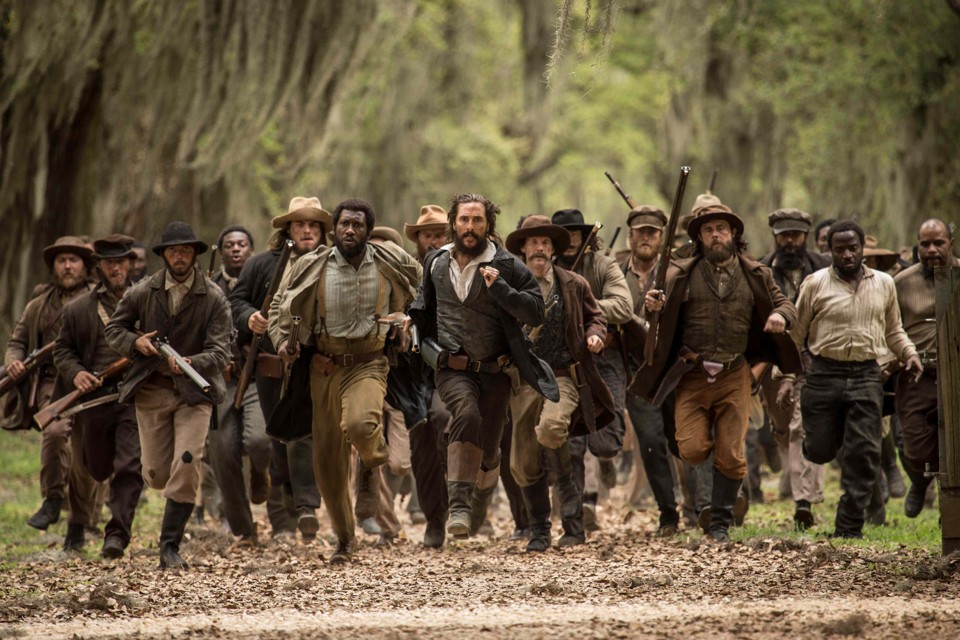Barack Obama and the Rhetoric of Hope by Mark S. Ferrara (review) [Ellis]Posted in Articles, Barack Obama, Book/Video Reviews, Literary/Artistic Criticism, Media Archive, Politics/Public Policy, Religion, United States on 2016-07-19 00:24Z by Steven |
Barack Obama and the Rhetoric of Hope by Mark S. Ferrara (review) [Ellis]
Utopian Studies
Volume 27, Number 2, 2016
pages 382-386
Cameron Ellis
Trent University, Peterborough, Ontario, Canada
Mark S. Ferrara. Barack Obama and the Rhetoric of Hope, Jefferson, N.C.: McFarland, 2013. 204 pp. Paper, $29.95, isbn 978-0-7864-6793-8
Mark S. Ferrara’s principle scholarly interests lie within the fields of religious studies and Asian philosophy, as indicated on his State University of New York–Oneonta English faculty page and demonstrated in his other books Between Noble and Humble: Cao Xueqin and the Dream of the Red Chamber (co-edited with Ronald R. Gray, Peter Lang, 2009) and Palace of Ashes: China and the Decline of American Higher Education (Johns Hopkins University Press, 2015). However, it is his interests in rhetoric and political discourse, cultural studies, and world literature that make Barack Obama and the Rhetoric of Hope such an insightful and pleasant contribution to the commentary on and criticism of the outgoing president. Ferrara wastes no time using his resources to contextualize the significance his study of the president has—especially as of 2008, which saw Obama being elected for the first time—by citing a Chinese proverb: “chaotic times make heroes (shi shi zao ying xiong)” (19). Although not mentioned explicitly, this proverb alludes to Obama’s inheritance of an extremely precarious geopolitical situation left festering by the Bush administration. (In fact, even though I wanted him to “go there,” Ferrara steers clear of the dangerous intricacies entwining Obama’s legacy in terms of Bush’s. The first explicit mention of Bush does not even appear until page 99.) Not only is this book a wonderful contribution to the study of American history and political science, but also it is a decidedly welcome addition to utopian studies by way of its analysis of one of the most important figures to date.
The advantage that adopting a utopian analytic in such a case study as Obama is that Ferrara liberates the conversation he seeks to facilitate from regressing into polemics and partisan politics, the kind that one sees most negatively worked out in other works on the president such as Stanley Kurts’s Radical-in-Chief: Barack Obama and the Untold Story of American Socialism (Simon and Schuster, 2010), Dinesh D’souza’s Obama’s America: Unmaking the American Dream (Regnery Publishing, 2012), and Bob Thiel’s Barack Obama, Prophesy, and the Destruction of the United States (Nazarene Books, 2012), which read into the president signs and symptoms of America’s downfall. While it is quite clear that Ferrara is a champion of Obama, it never feels as though he is hitting his reader over the head with his views. Rather, Ferrara encourages his reader to recall that, regardless of one’s political alliance, Obama ran two successful campaigns on a positive message: hope. One of the greatest strengths of Ferrara’s book resides in his skill of presenting this aspect of the president while refraining from sentimentalism and nostalgia. Instead the reader is offered a well-researched piece of scholarly labor by one of the best in the field of rhetoric and political discourse.
I came to this book as an outsider to American history, but after reading it I feel as though I have a much-improved sense of the American tradition insofar as that tradition is one rooted in idealism. Ferrara helps his reader better understand how Obama captured this idealism and utilized it in terms of his political rhetoric. “Since this is a rhetorical study,” Ferrara writes early on, “… I am grateful to be spared the burden of aligning the word with reality—a task best left to the political pundits. My interest is specifically in the evocation of a better future toward which we progress gradually, one that offers a sort of collective salvation” (14–15). Drawing heavily on Obama’s own writings—namely, Dreams from My Father (2004) and The Audacity of Hope (2008)—Ferrara exercises academic rigor and resists needless sentimentalism by skillfully integrating these popular texts into the web of political speeches and interviews that flood the information highway. Starting in chapter 1 Ferrara grounds his study of Obama’s rhetoric of hope in the Judeo-Christian religious tradition: “Images of collectivist rebellion against the evils of…




